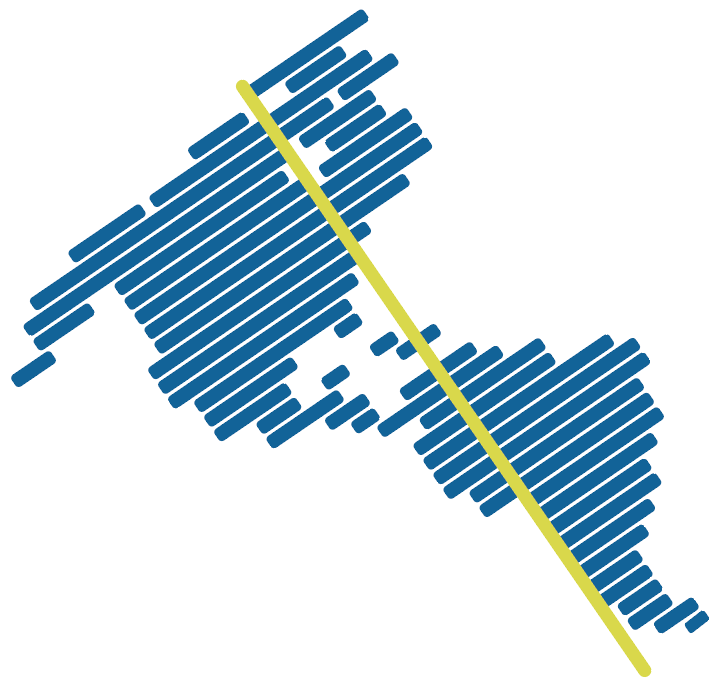ECLAC Calls for Improving Quality of Statistics In Order to Progress towards Equality
Work area(s)
The Executive Secretary of ECLAC, Alicia Bárcena, opened the meeting that brings together heads of national institutes in Santiago, Chile.

(5 November 2013) Today at the opening of the Seventh meeting of the Statistical Conference of the Americas (SCA), Executive Secretary of the Economic Commission for Latin America and the Caribbean (ECLAC), Alicia Bárcena, advocated a boost to the region's national offices of statistics, with a view to improving statistical quality so that progress can be made towards development for equality.
Speaking at the opening of the meeting, which will be held at the ECLAC headquarters in Santiago, Chile, until 7 November, Alicia Bárcena stated "ECLAC is thinking of building political and social covenants for equality, and these will urgently require clear information, access to information and a broad and participatory discussion among various actors".
The senior United Nations official underscored the importance of the region participating in the post-2015 agenda, which marks the deadline for achieving the Millennium Development Goals (MDGs).
The meeting is organized by the Statistical Conference of the Americas, which is a subsidiary body of the Commission that contributes to the progress of statistical policies and activities in the region. It will be attended by experts from the United Nations and other international agencies, as well as the heads of institutes of statistics of the region's countries.
The meeting will be attended by delegates from 35 countries, including many representatives from Caribbean nations.
Alicia Bárcena stated that the basis for social covenants for equality is "recognizing individuals as autonomous subjects with rights". She pointed out that the challenge was to ensure that all social actors have access to certain social goods, including statistical data and systems.
The senior United Nations official declared that "Statistics establish the factual boundaries for policy expectations", and defended the importance of moving towards achieving autonomy for the statistical institutes of the region's countries.
The Executive Secretary affirmed "We are convinced that institutes of statistics should be independent, like central banks, and should be the guarantors of State policies. They should not keep up with political circumstance, but instead should be legitimate instruments trusted by citizens".
Pascual Gerstenfeld, Director of the ECLAC Division of Statistics, restated the need to "maintain an unwavering commitment to quality control [...], as it has always been done with honesty and transparency in the production and dissemination process, in order to maintain the image of statistics as the main public good for democratic co-existence and development with equality".
Elizabeth Barrios, Director of the General Directorate of Statistics, Surveys and Censuses (DGEEC) of Paraguay and President of the SCA Executive Committee, emphasized the relevance of statistics for formulating public policy programmes and for decision-making on the part of citizens.
The meeting will also involve four seminars on topics including the pro-quality institutional strengthening of national statistical offices and systems and the post-2015 development agenda and challenges for national statistical systems (including the transition from Millennium Development Goals to Sustainable Development Goals).
The seminars will also analyse gender mainstreaming in producing statistics, and the development of basic economic statistics in the framework of the System of National Accounts (SNA 2008), which defines the rules for national accounting.
Any queries should be sent to the ECLAC Public Information and Web Services Section.
E-mail: prensa@cepal.org; Telephone: (56 2) 2210 2040.
Follow us on: Twitter, Facebook, Flickr and YouTube
Country(ies)
- Latin America and the Caribbean
Contact
Public Information Unit
- prensa@cepal.org
- (56 2) 2210 2040
